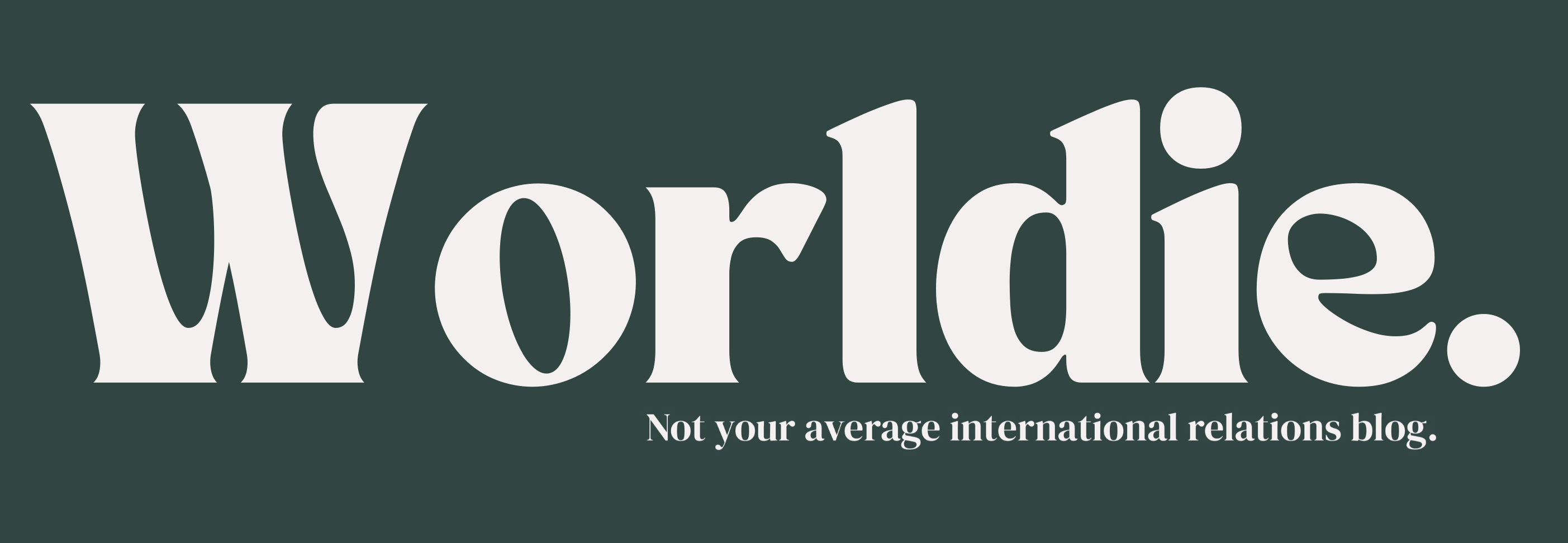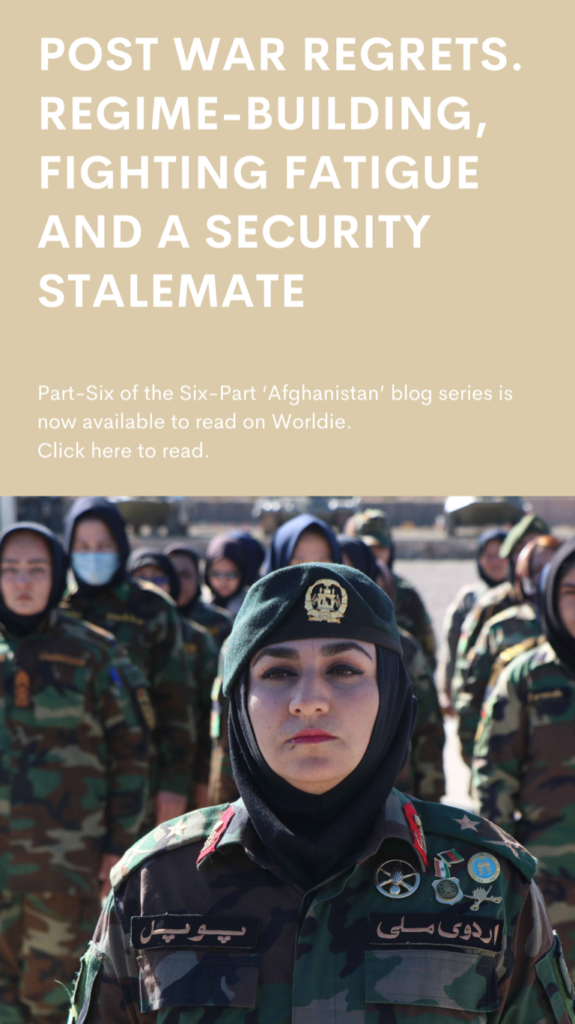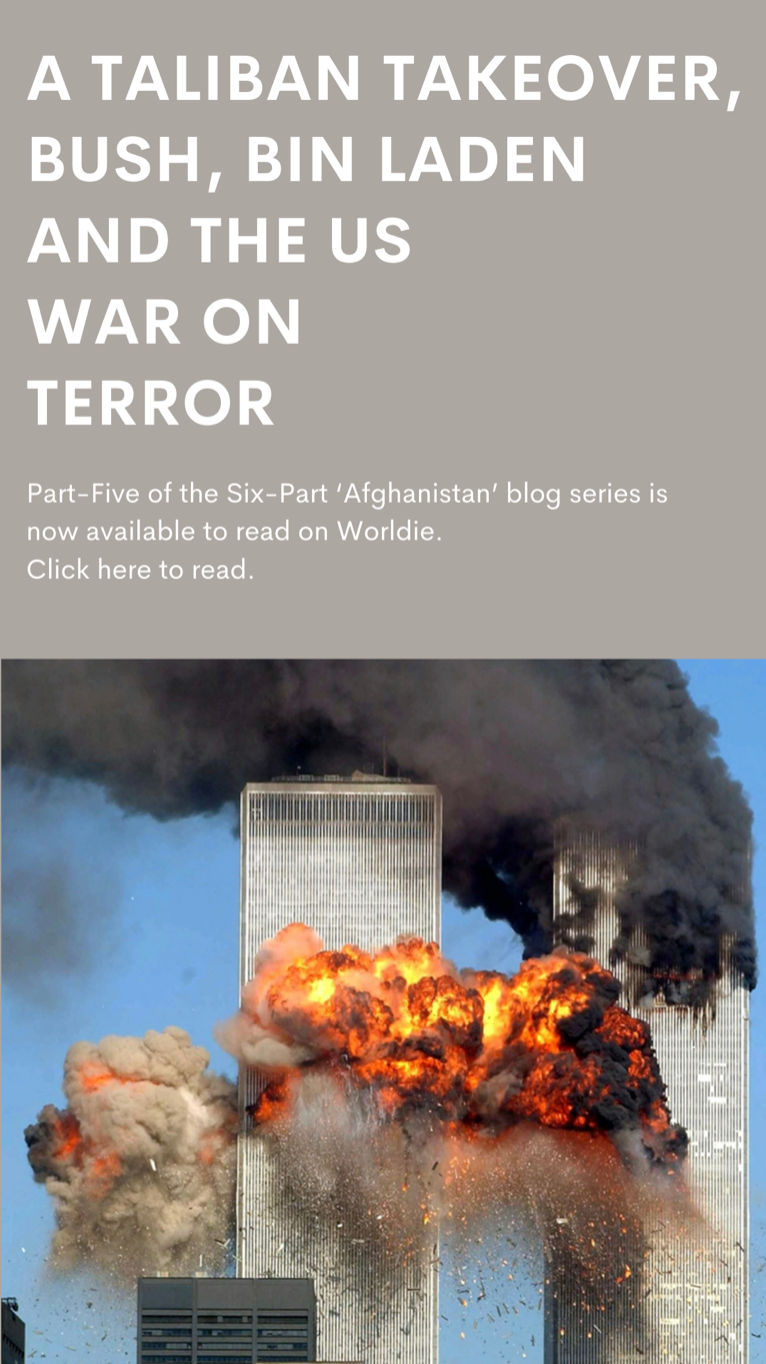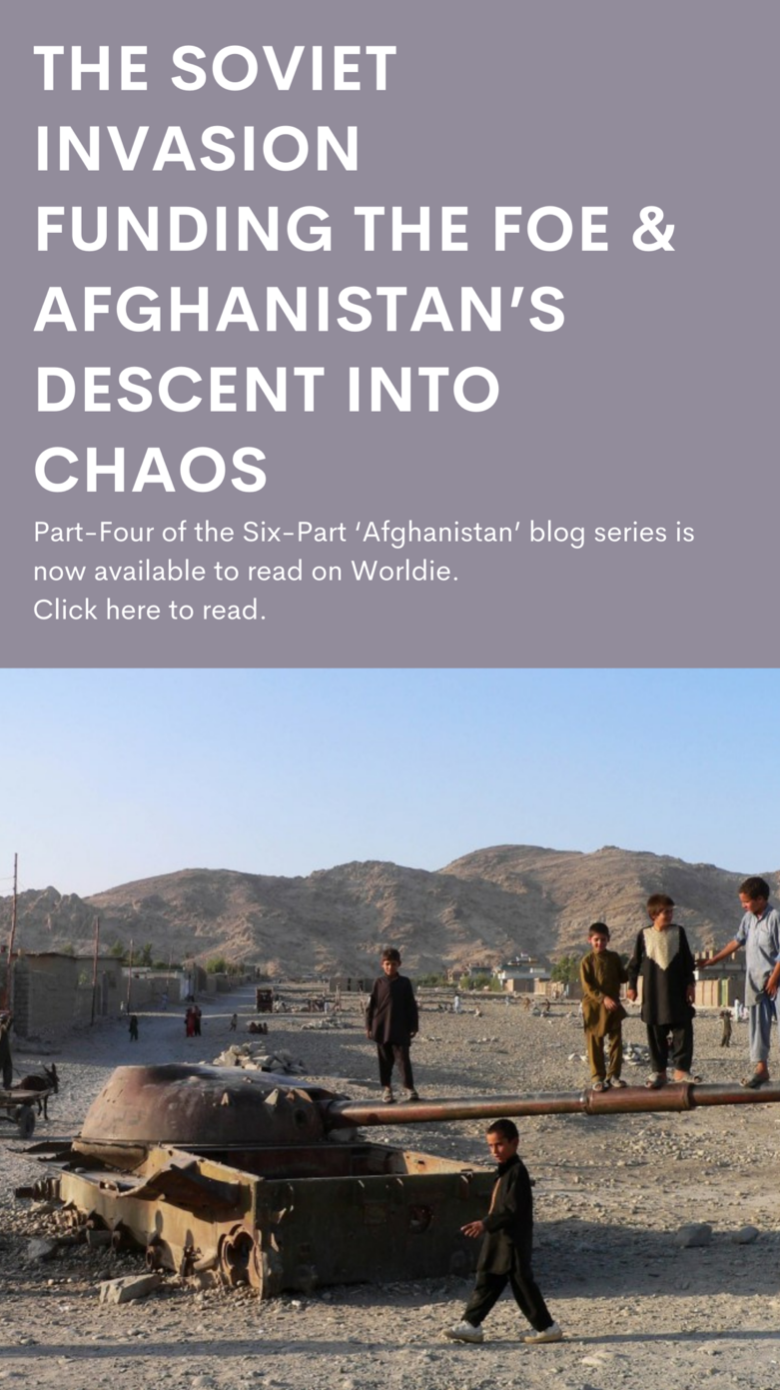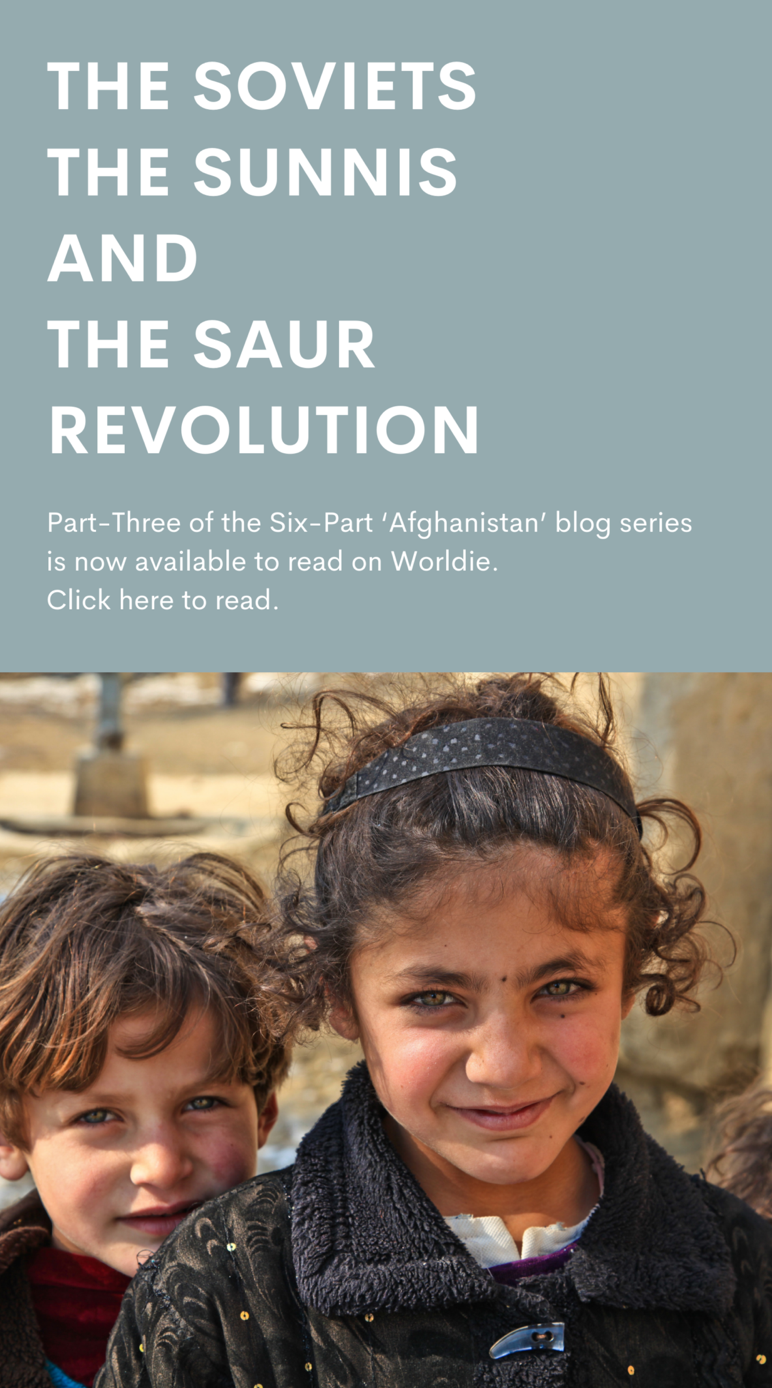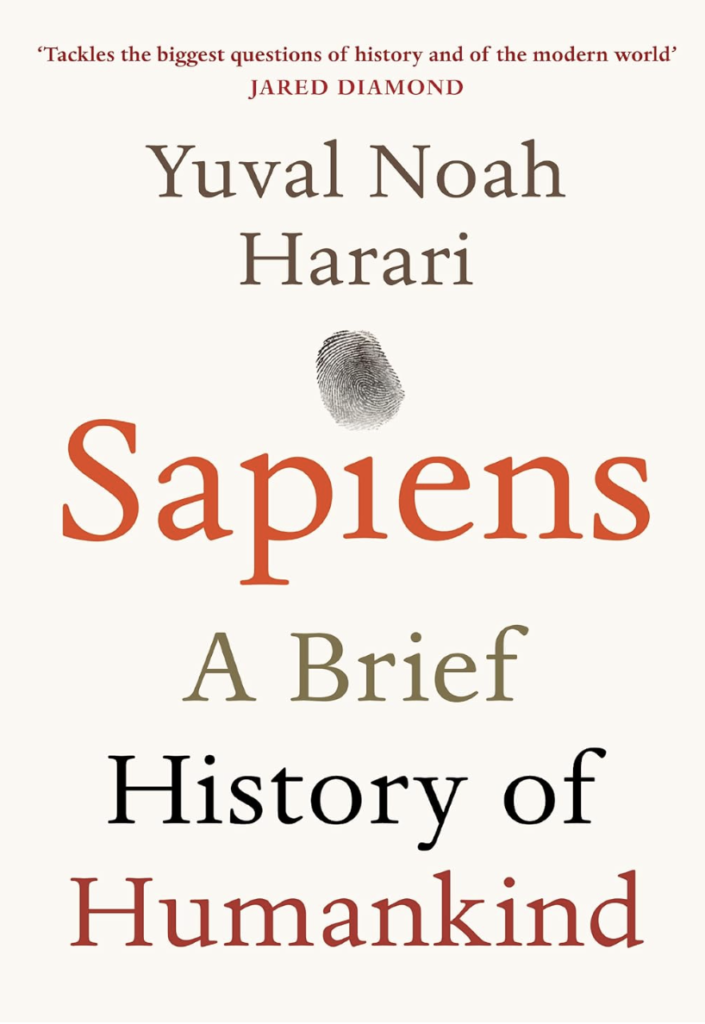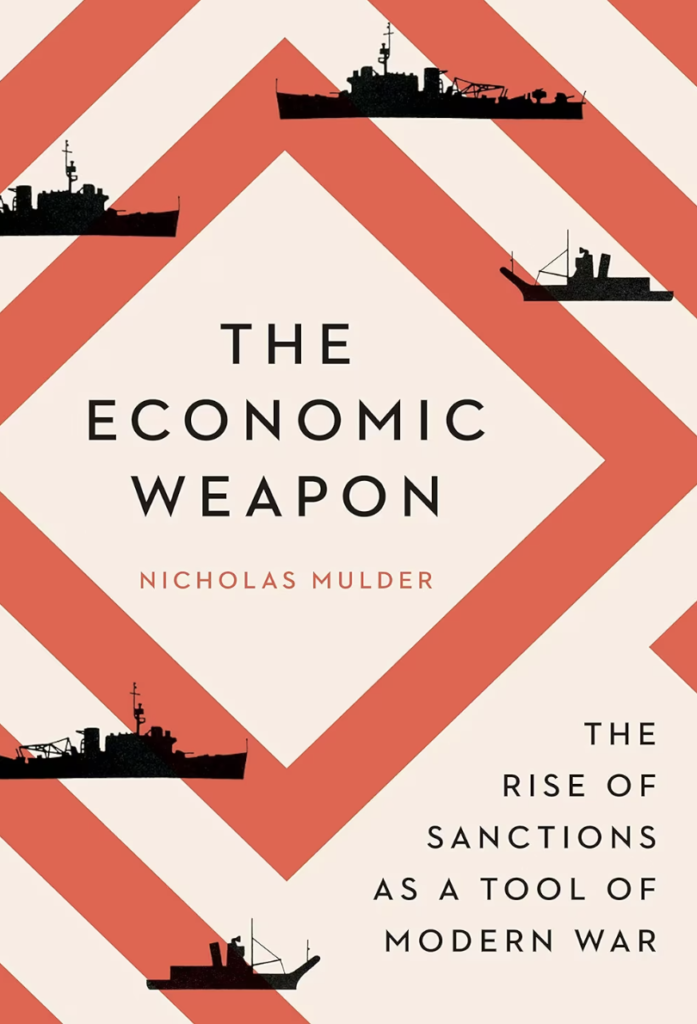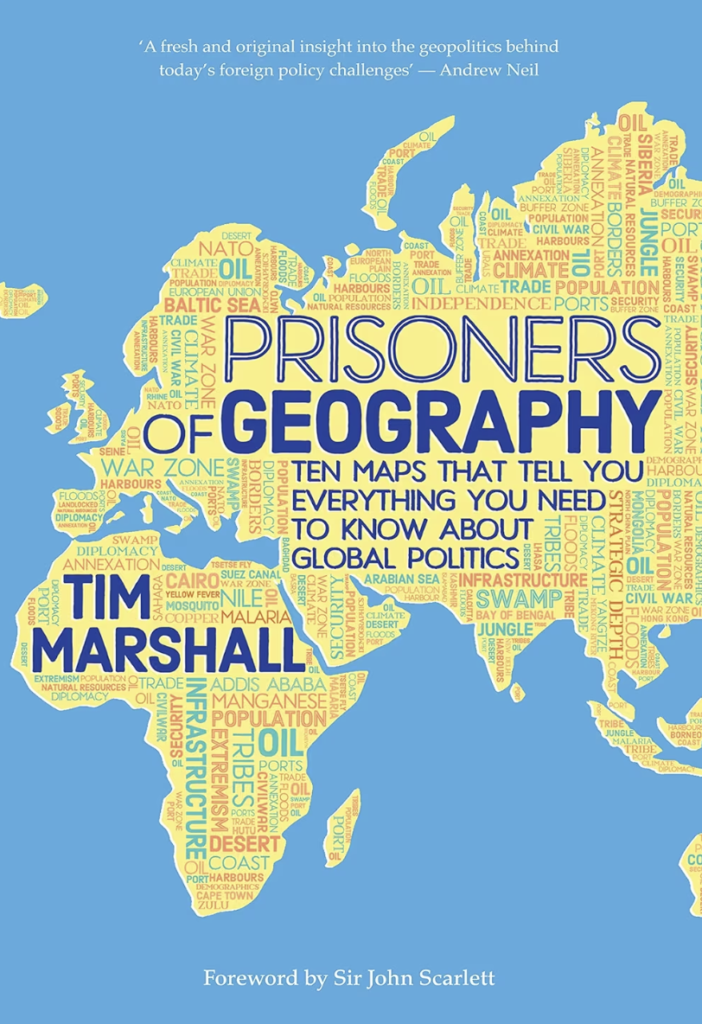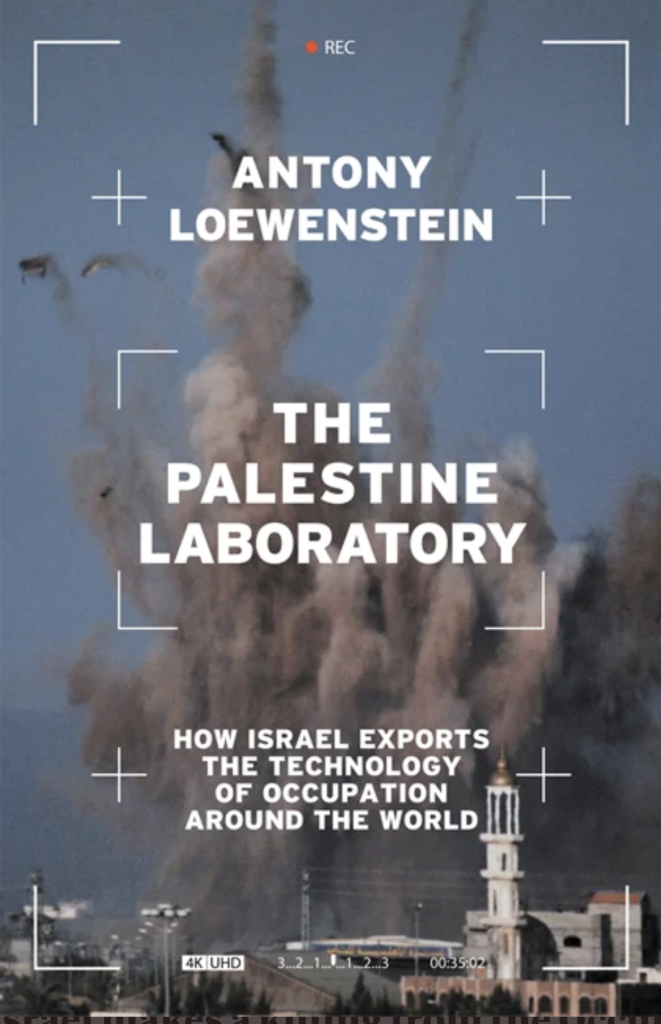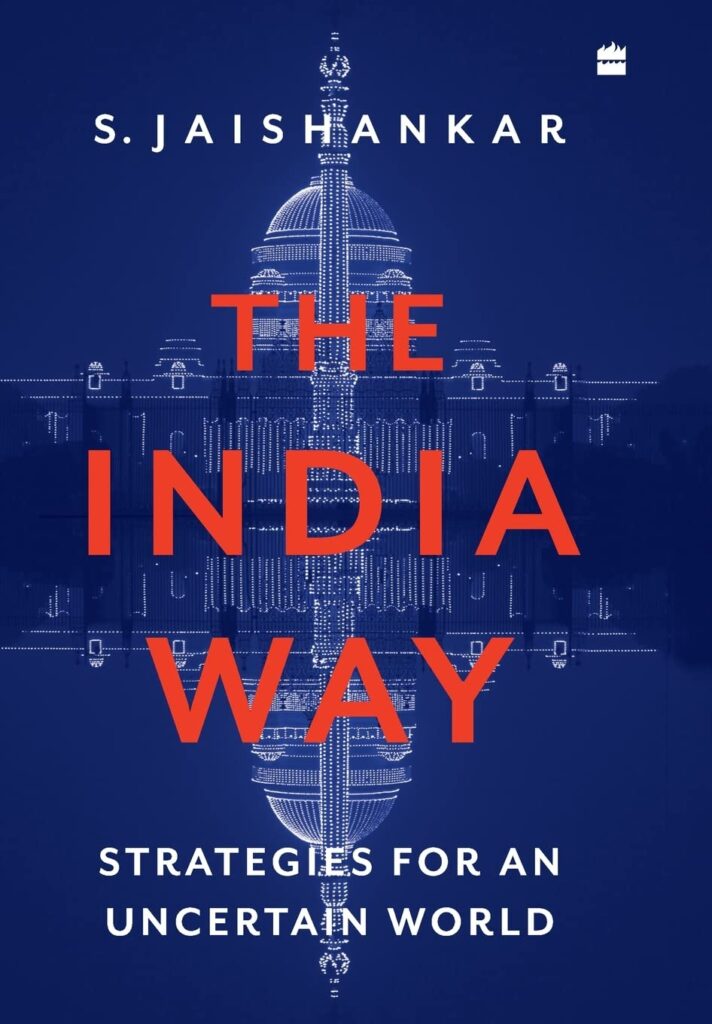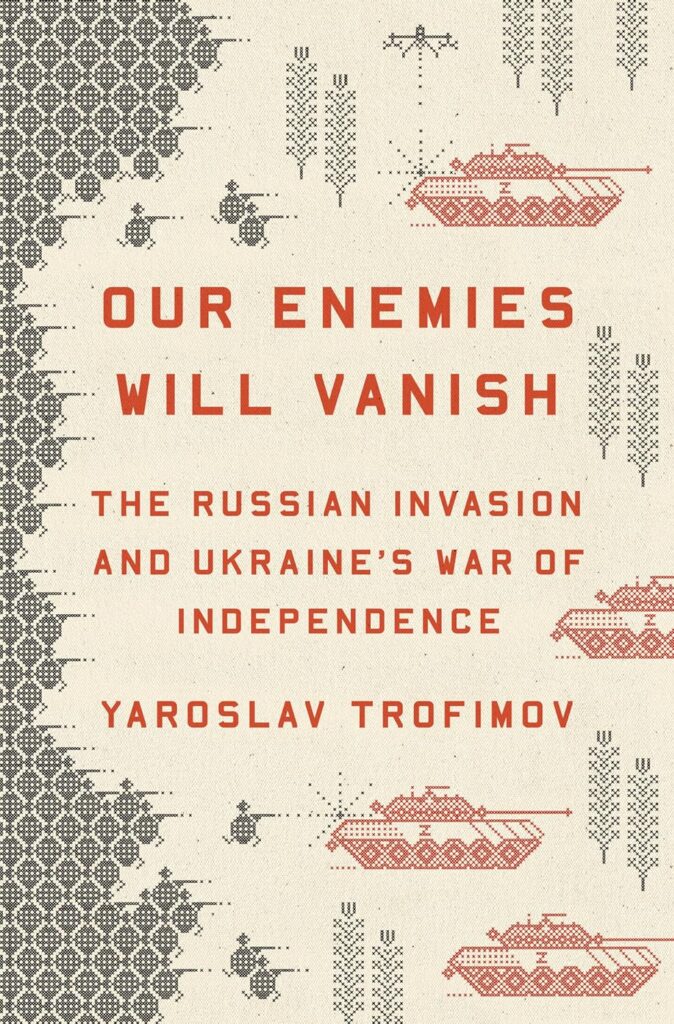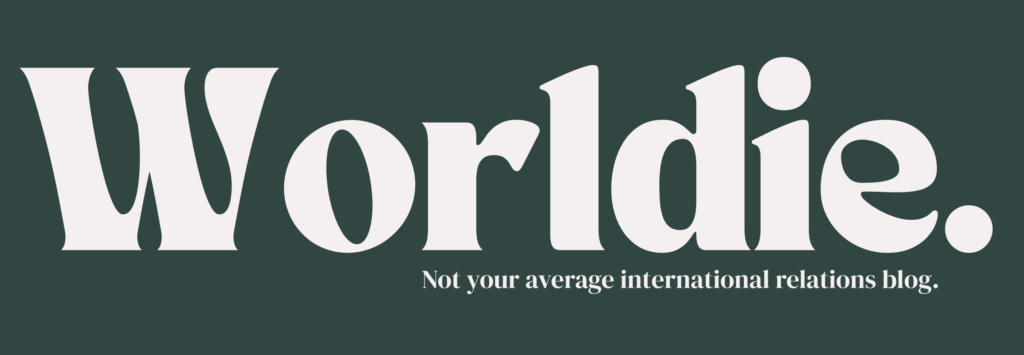Post war regrets. Regime-building, fighting fatigue and a security stalemate.
Part Six of the Six-Part ‘Afghanistan’ Blog Series
Last week’s blog covered the series of airline hijackings and suicide attacks committed by 19 al-Qaeda militants against the United States, AKA 9/11. Bush had just publicly warned the Taliban that if they did not immediately expel bin Laden and his mates, and close down the terrorist bases inside Afghanistan, they were going to suffer the same fate (in simpler terms, we’re going to smash your heads in too).
Mullah Omah (Taliban leader) reallllly didn’t want the smoke, however, when seeking support from the leadership council to bin off bin Laden, they instead sympathised with the radicalism of al-Qaeda and spoke of Osama as a hero rather than a villain. The council issued a declaration of sorrow for the deaths of 9/11 and urged the UN and the Organisation of Islamic Cooperation to undertake a judicial investigation into bin Laden’s role in the 9/11 attacks (i.e. where’s your evidence, bro).
When we go back and assess the relationship between the Western world and the Taliban to this very point in time, the hypocrisy is hypocrisy-ing.
The Taliban, whose leaders had met with US state officials, and had been wooed by UNOCAL executives (buying them computers and shit) were now conveniently branded as human rights abusers and terrorists. Western politicians and the media increasingly treated the two distinct groups (Taliban and al-Qaeda) as if they were the same thing (they were not).
The main difference is that the Taliban formed to carry out jihad (a holy war to defend Islam) against the Soviets who had invaded their country. From there, it has aimed to spread a super-militant form of Islam in Afghanistan.
Al-Qaeda, on the other hand, was formed to carry out jihad against all foreign interference in Islamic lands. At this point, America was interfering in Iraq, Iran, Palestine, Syria, Lebanon, and Kuwait, to name a few so became the primary target (funnily enough, the only country the US didn’t seem to have a problem with was Saudi Arabia but that’s probably because of its squeaky-clean human rights record right?).
Anyway, the main difference between the two was that the Taliban’s ambitions related directly to Afghanistan whereas al-Qaeda’s concerned the wider world.
It’s also worth noting that no Afghan citizen or member of the Taliban had any direct role in the 9/11 terrorist attacks. The only thing the Taliban were guilty of was allowing al-Qaeda to train on Afghan land.
Based on this, Mullah Omar had grounds to feel aggrieved, especially as bin Laden had broken his pledge not to conduct anti-American activities while a guest of the Taliban. The result was that the Bush administration had now decided that they were going to topple the Taliban by invading Afghanistan.
Because of America’s war with al-Qaeda (and now the Taliban), the Northern Alliance which was on the brink of political/military extinction was brought back to life. Remember the Northern Alliance were all the ex-Mujahidin members who were shooting rockets and shit and had been forced out of power by the Taliban in the 90s. Ironically, American troops were now going to be fighting alongside these militias, most of whom were known for their Islamic extremism, anti-western views, and crimes against humanity (an enemy of my enemy is my friend, though, right?).
Pakistan, firefighter or arsonist?
The other major beneficiary of the 9/11 attacks was Pakistan. The fact that the ISI (Pakistani version of the CIA) had armed and funded the Taliban and given the government diplomatic recognition was conveniently ignored. In the wake of the 9/11 attacks, Pakistan’s President, Musharraf realized Pakistan had little choice but to support America’s War on Terror and ditch its alliance with the Taliban, at least publicly.
Pakistan’s Army and Air Force were rearmed with modern American weaponry, 3 billion dollars of the nation’s foreign debt to America were written off and calls for a restoration of democracy were waived. HOWEVER, many prominent Islamic leaders publicly declared their sympathy for al Qaeda’s attacks on American soil and so, Pakistan continued to provide covert support for the Taliban. According to the Taliban themselves, Pakistan not only gave them a safe haven in Quetta but rearmed and trained them too, all while killing American and NATO soldiers.
When American Special Forces finally tracked bin Laden down after nearly a decade of searching, he was living in a military safe house in Abbottabad, less than a mile from Pakistan’s main military academy. Needless to say the government and military denied any knowledge of his presence (convenient).
After Barack Obama became President of the United States in February 2008, he was fed up with Pakistan taking the piss and ordered a series of drone attacks on high-value targets on the Pakistan side of the Durand Line. It’s important to note that these attacks from America combined with attacks from radical terrorists have had a devastating impact on ordinary Pakistani citizens. Between 2005-2013 more than 49,000 Pakistani civilians were killed, as a result of terrorism, military operations and US drone strikes.
Anyways back America’s response to 9/11. The Bush Administration’s single-minded focus on the military campaign in Afghanistan meant that the issue of the future government was low on Washington’s priority list. Once America was done bombing the shit out of Afghanistan under the banner of Operation Enduring Freedom. A NATO and UN-mandated International Security Assistance Force (ISAF) was rolled out to integrate democracy and Western-style governance in Afghanistan (they make it sound so easy, right?).
The Bonn Agreement and Regime Building.
All the Afghans at the Bonn Conference represented a plethora of vested and competitive interests, of which none could claim to represent the Afghan people as a whole, since they had not been elected. The negotiations were about slapping together some sort of power-sharing agreement between the opposing groups. Most of whom represented the mujahidin militias who had been responsible for the chaos, bloodshed and misrule that had been one of the key reasons for the rise of the Taliban in the first place.
Rabbani was somehow persuaded to quit the Presidential Palace and Hamid Karzai moved in. The new Constitution, which became law in 2004 once again failed to resolve the dichotomy between the role of the Hanafi legal code and international law. The preamble yet again paid lip service to the UN Charter and the Universal Declaration of Human Rights but the articles themselves included statements such as “no law can be passed contrary to the beliefs and provisions of the sacred religion of Islam”. IT DOESN’T MAKE ANY SENSE.
Presidential elections held in 2004 were also marred by what the UN diplomatically termed as “irregularities”. Karzai was again re-elected, but only with a narrow majority and amid widespread evidence of ballot rigging, intimidation and bribery. Adding to this, despite the new electoral law specifically excluding those implicated in war crimes and human rights abuses, the government remained dominated by former mujahidin commanders responsible for the bloodshed of the 1990s and human rights abuses during the era of King Zahir Shah and the communist governments. Yet despite all these “irregularities” the United Nations, America and the international coalition legitimised the results of both the presidential and parliamentary elections. (tf?)
While Afghans who were able to vote eagerly embraced the rare chance to have a say in who governed them, the flaws in the electoral system, ballot rigging and the tacit acceptance of these ‘irregularities’ by the international community undermined Afghan people’s faith in Western-style democracy. The elections therefore effectively disenfranchised the population and handed the Taliban a major propaganda coup.
In 2013, NATO began a phased withdrawal of its 13-year combat mission in Afghanistan transferring responsibility over to the Afghan National Army (ANA). By the time the US and NATO combat mission formally ended in December 2014, the 13-year Afghanistan War had become the longest war ever fought by the United States. American military casualties included some 2,400 service members killed and some 20,700 others wounded and the Taliban remained technically undefeated.
On the 1st of January 2015, the NATO-led Resolute Support Mission (RSM) in Afghanistan was launched following the completion of the mission of ISAF. RSM aimed to provide further training, advice and assistance to the ANA and wider Afghan institutions. Throughout 2019 and into 2020, violence continued across Afghanistan. The US increased airstrikes and raids targeting the Taliban, while the Taliban continued its attacks on the Afghan government.
On the 29th of February 2020, as part of the United States–Taliban deal, the Trump administration agreed to an initial reduction of US forces from 13,000 to 8,600 troops by July 2020, followed by a complete withdrawal by 1 May 2021, if the Taliban kept its commitments (Yeah, right).
On the 1st May 2021, the Taliban and allied militant groups began a widespread offensive shortly after the first portion of US troops withdrew from Afghanistan. A few months later, on the 15th of August, President Ashraf Ghani fled the country and the Taliban captured the Afghan capital, Kabul. The speed of the Taliban’s takeover came as a surprise to many, including the US government, the West and the Taliban themselves. And just like that, the Islamic Republic of Afghanistan was reinstated back to the Islamic Emirate of Afghanistan
If there is any lesson to be learned from America’s interventions in the Middle East, it is that bombing and attempting to oust unpleasant and unfriendly regimes from power, without giving serious thought to the composition of civil government, state building and the strengthening of civil society, creates more problems than it solves.
The Taliban once famously asserted in response to the American invasion of Afghanistan…
“you have the watches, we have the time”
And just like that, the Afghanistan war became the longest war in American history (2001 – 2021) costing trillions of dollars only to be won by a group that seemingly had all the time in the world.
